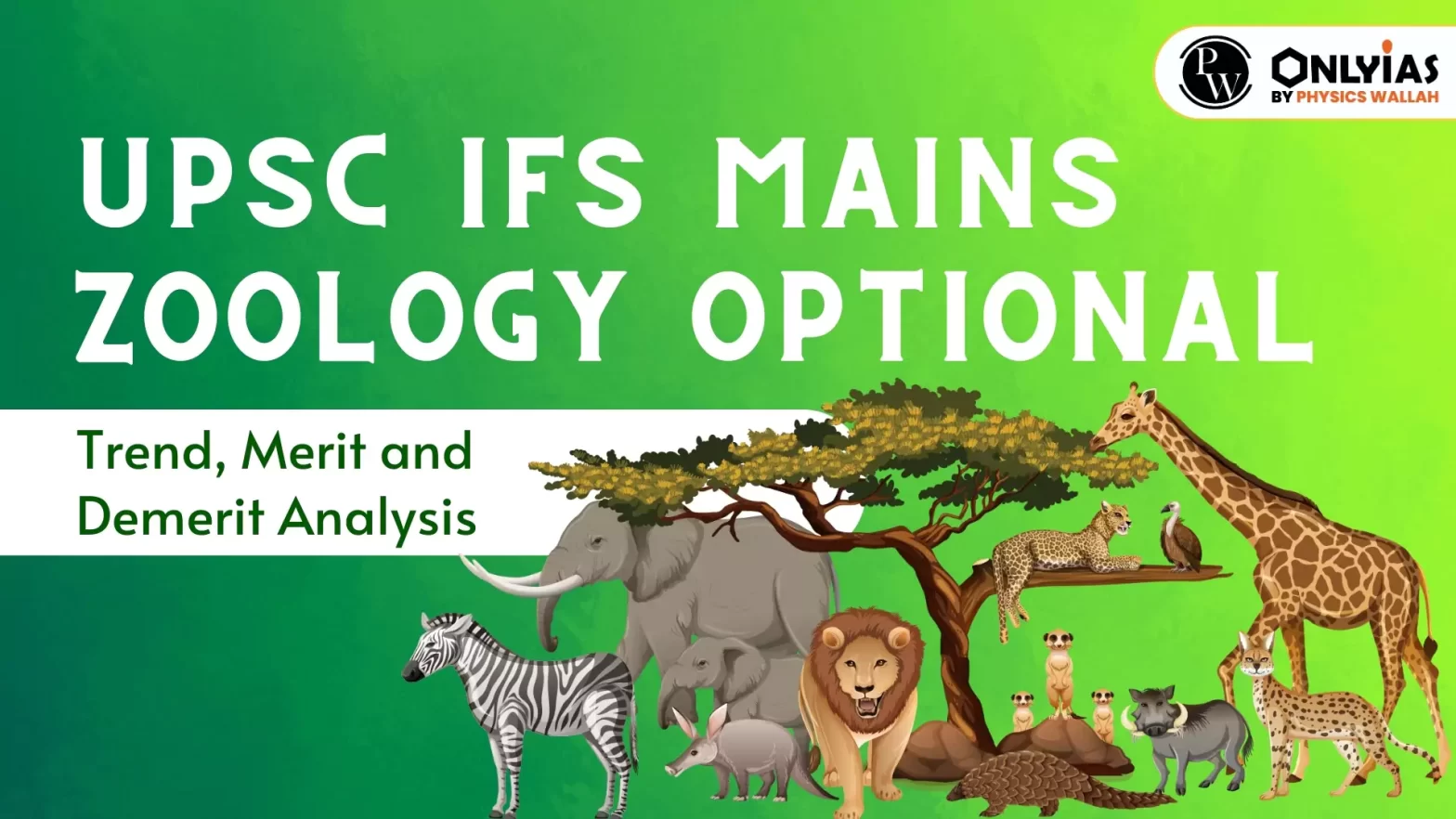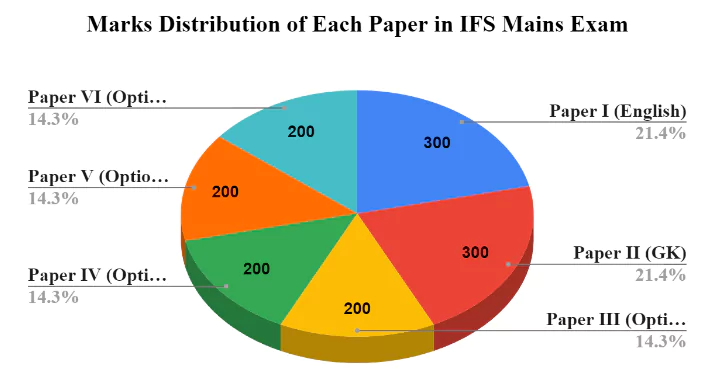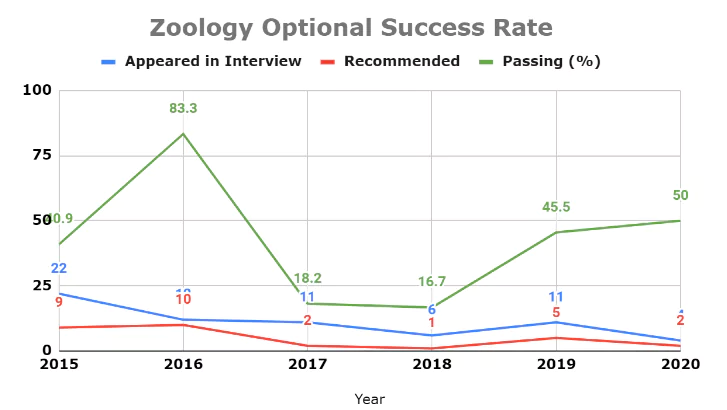UPSC IFoS Zoology Optional 2026: Trends, syllabus, PYQ insights & key booklist to plan strategy, boost prep and excel in this crucial optional for prep with past trend, topic focus & exam guidance tips 2026.

UPSC IFoS Zoology Optional 2026 remains a high-scoring choice for candidates with a biology or life sciences background, offering in-depth coverage of animal diversity, physiology, and ecology. The subject aligns closely with forestry themes, making it strategic for IFoS aspirants preparing alongside Civil Services Mains. This article explores the latest success trends, detailed syllabus breakdown, essential previous year questions (PYQs), and a curated booklist to streamline your preparation. With the Prelims on May 24, 2026, and Mains in November 2026, mastering Zoology Optional can boost your final merit significantly.
Candidates appearing for the UPSC (Union Public Service Commission) IFS examination must make a thoughtful decision while selecting their optional subject, as it holds substantial weightage in the evaluation process. With a total of 800 marks allotted, the optional subject carry approximately 48% of the combined marks for both the written exam and the personality test (interview).
The UPSC IFS mains include a total of six papers with a total of 1400 marks. Out of 6 papers one paper is of English and one on General Knowledge. The remaining four papers (Paper I, Paper II, Paper III and Paper IV) cover optional subjects that candidates have chosen during the application form filling process. Although Paper I and Paper II have a maximum of 300 marks each, the remaining 800 marks of the mains examination depend on the optional subjects. It becomes very crucial to choose the right optional subject and adopt the right strategy so that candidates can score as much as possible. So in this article we will first explore the importance and weightage of optionals, and then we will analyze Zoology optional as an optional subject.
In UPSC IFS mains examination candidates have to choose two optional subjects from the list specified in the official notification unlike UPSC IAS mains exam in which candidate has to choose only one optional subject. In IFS exam optional subjects have very high scoring potential because after Paper I and Paper II which consist of 600 marks optional have 800 marks so here optional plays a decisive role in determining your selection as well as to achieve a good rank.

It is evident that in the entire selection process, the optional subject plays a crucial role in preparing for the UPSC IFS exam, as it accounts for almost 48% of the total marks. This substantial portion contributes significantly to the overall evaluation of the entire exam.

Upon further magnification, we can conclude that in the IFS mains examination, the optional section carries almost 58% of the total mains marks. Therefore, scoring well in the optional section, along with Paper I and Paper II, will result in higher overall marks in the exam.
In the UPSC IFS Mains examination, Zoology optional subjects include two papers, specifically Paper I and Paper II. Each of these papers have a maximum weightage of 200 marks, which makes a total of 400 marks for this optional subject. Among the various optional subjects mentioned by UPSC in IFS, Zoology is one of the 14 optional subjects available to candidates.
| Zoology | Syllabus of Zoology Optional |
| Paper I | Non-chordata and chordata
|
Ecology
Ethology
Economic Zoology
BioZoology
|
|
| Paper II | Cell Biology
Genetics
Evolution
Systematics
Biochemistry
Physiology (with special reference to mammals)
Developmental Biology
|
The UPSC IFoS Zoology Optional Syllabus 2026 covers two detailed papers (Paper I and Paper II), spanning non-chordates, chordates, cell biology, genetics, evolution, biochemistry, and applied zoology, available as an official PDF on upsc.gov.in. Paper I focuses on animal diversity, ecology, and ethology, while Paper II delves into biotechnology, economic zoology, and biostatistics—each carrying 200 marks for a total of 400. Candidates can download the syllabus PDF directly from the UPSC website under the IFoS notification section to align their preparation with exam trends. This structured syllabus aids in strategic study planning alongside General Studies papers.
IFoS Zoology Optional Syllabus PDF
UPSC Zoology Optional Question Papers from 2018 to 2022 are readily available for aspirants seeking to enhance their preparation. We provided access to the UPSC IFS Zoology optional question papers in PDF format, an invaluable resource for your preparation.
| Year | Paper |
| UPSC IFS Zoology Optional Question Paper 2018 | Download Paper I |
| UPSC IFS Zoology Optional Question Paper 2019 | Download Paper I |
| UPSC IFS Zoology Optional Question Paper 2020 | Download Paper I |
| UPSC IFS Zoology Optional Question Paper 2021 | Download Paper I |
| UPSC IFS Zoology Optional Question Paper 2022 | Download Paper I |
| UPSC IFS Zoology Optional Question Paper 2023 | |
| UPSC IFS Zoology Optional Question Paper 2024 | |
| UPSC IFS Zoology Optional Question Paper 2025 |
The table below offers a comprehensive overview of the success rate achieved by candidates who opted for Zoology optional as their optional.
| Year | Number of Candidates | ||
| Appeared in Interview | Recommended | Passing (%) | |
| 2015 | 22 | 9 | 40.9 |
| 2016 | 12 | 10 | 83.3 |
| 2017 | 11 | 2 | 18.2 |
| 2018 | 6 | 1 | 16.7 |
| 2019 | 11 | 5 | 45.5 |
| 2020 | 4 | 2 | 50 |

By examining the past papers of the Zoology Optional, we can identify a trend in the types of questions asked. There is also a noticeable shift in the themes of the questions. Understanding the UPSC IFS Zoology Question Paper Trend Analysis is advantageous, as it allows candidates to streamline their preparation effectively and enhance their performance in this optional subject.
Please note that before selecting Zoology Paper as your optional subject, carefully weigh these disadvantages against the advantages and consider your own background, interests, and the time you can dedicate to preparation.
| Must Read | |
| NCERT Notes For UPSC | UPSC Daily Current Affairs |
| UPSC Blogs | UPSC Daily Editorials |
| Daily Current Affairs Quiz | Daily Main Answer Writing |
| UPSC Mains Previous Year Papers | UPSC Test Series |
Check Out UPSC CSE Books
Visit PW Store
Zoology is an excellent optional for science graduates, especially with biology backgrounds, due to its scoring potential and overlap with forestry topics like ecology and biodiversity.
Zoology optional consists of two papers—Paper I (non-chordates, chordates, ecology) and Paper II (genetics, evolution, biotechnology)—each worth 200 marks, totaling 400.
Zoology has a strong success rate among technical optionals, often producing top rankers due to concise syllabus and PYQ trends favoring conceptual answers.
Yes, graduates from related fields like Animal Husbandry or Botany can opt for Zoology, but prior biology knowledge aids preparation; coaching materials help bridge gaps.
<div class="new-fform">
</div>